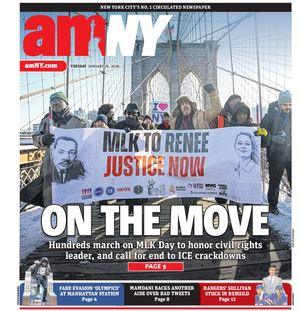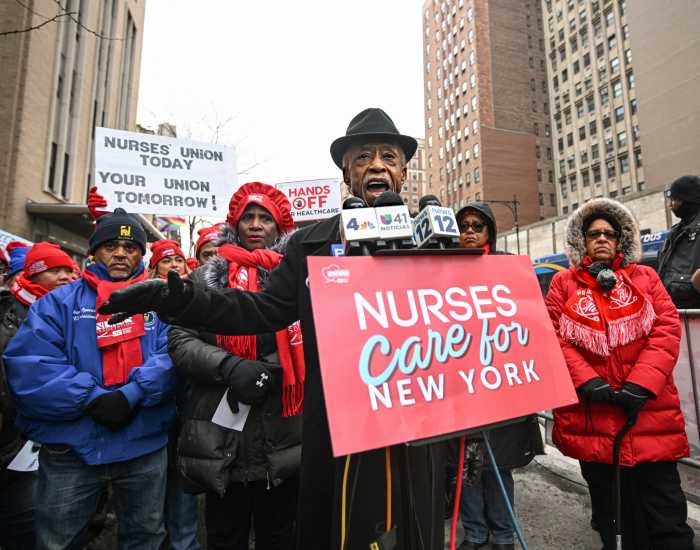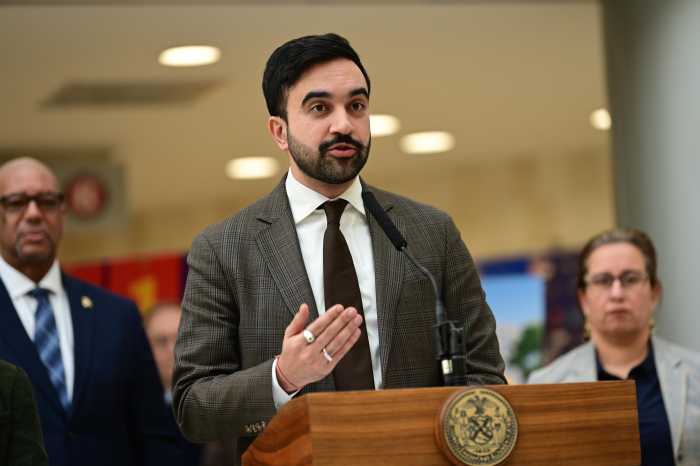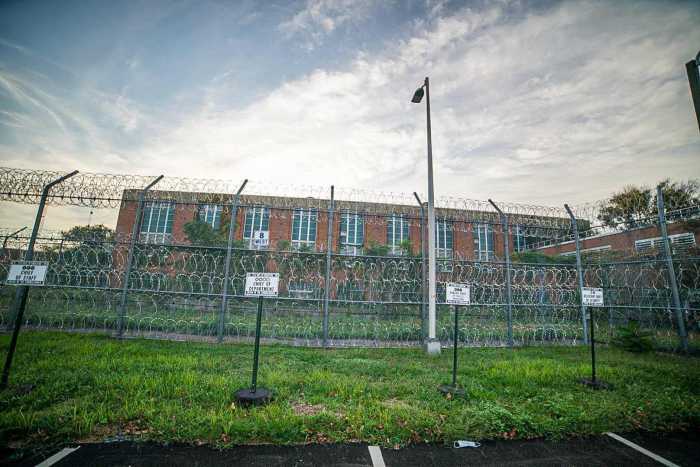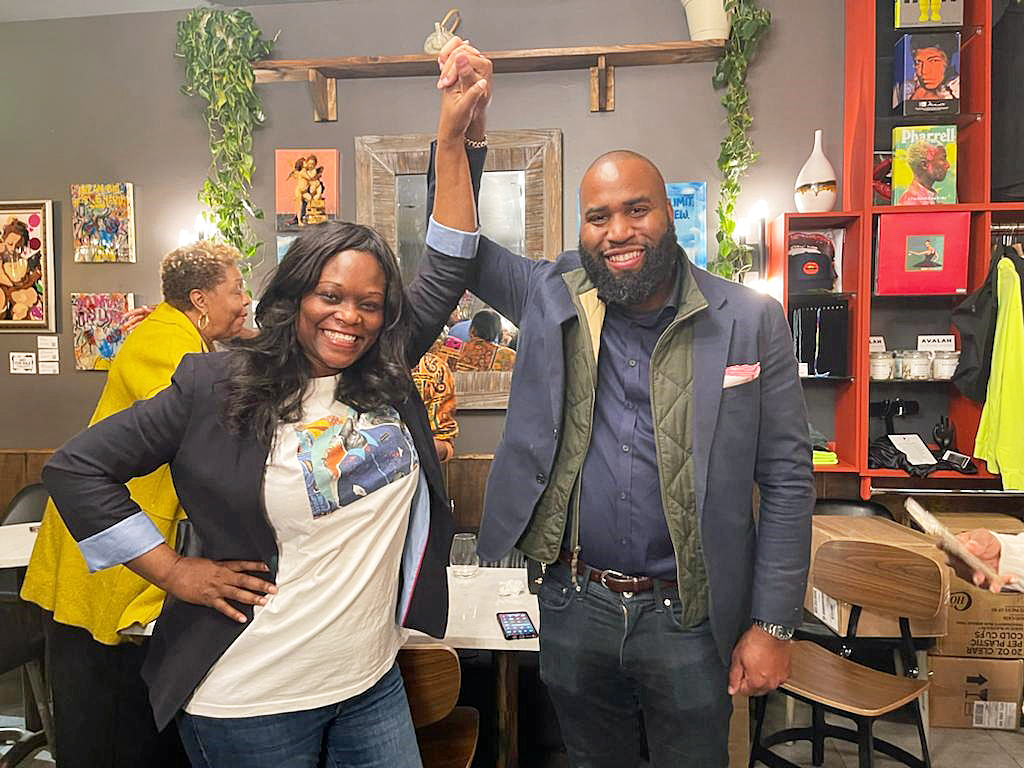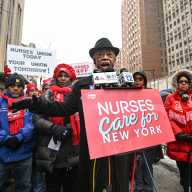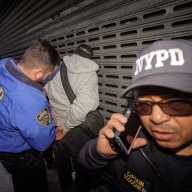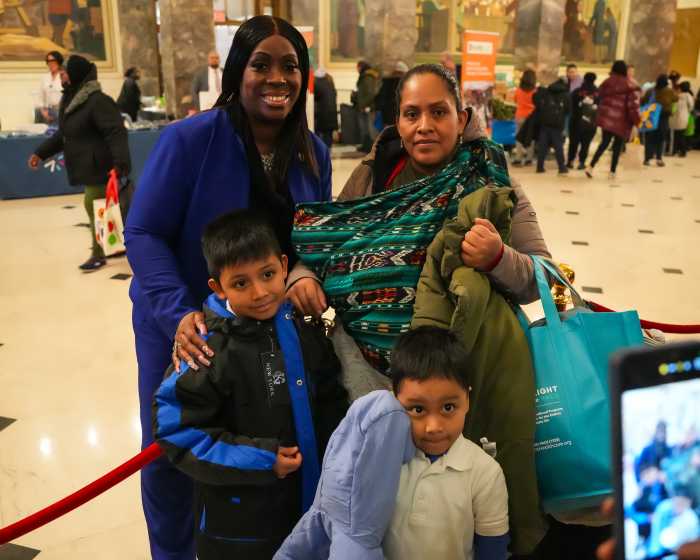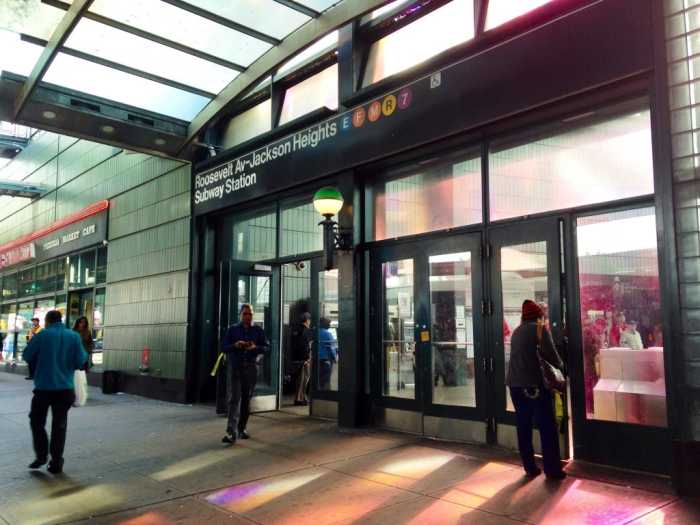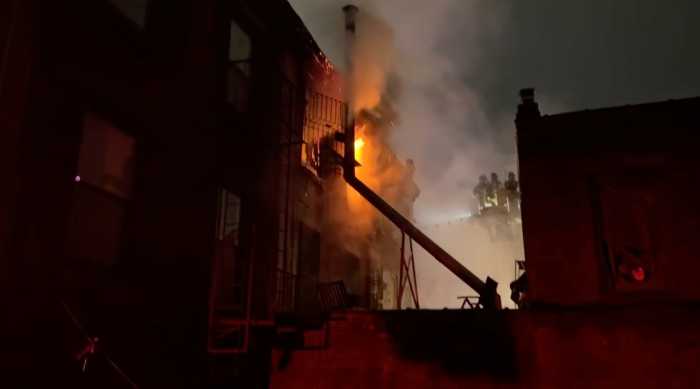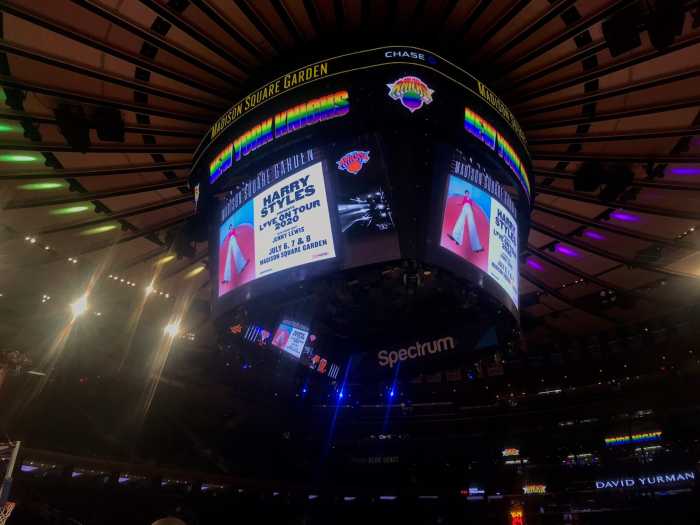Alejandro Anreus, a guest curator at El Museo del Barrio, tried to call his cousins and friends in Cuba Wednesday to extol President Barack Obama’s announcement that the U.S. was restoring diplomatic relations with Cuba after 52 years.
“I couldn’t get through! All the lines were jammed,” said Anreus, 54, who lives in Roselle Park, N.J.
Dramatic infrastructure improvements — and the hope that Cubans can one day speak their minds freely on phones and elsewhere — are among the results Cuban New Yorkers hope for as a result of a long-awaited detente between the two nations.
The New York metropolitan area has about 63,200 widely scattered residents of Cuban descent. While they have questions — Will Cuba evolve to allow more freedoms residents? Will Cuba be turned into a generic tourist mecca rife with resorts at the expense of its glorious culture? — most applauded Obama’s decision, arguing that the embargo has been a colossal fail.
“I’ve been waiting for this for so long!” exalted Pablo Gabriel Velez, 31, an Upper East Side attorney who is a partner in Velez & Cipriano.
Velez understands the sentiments of hard-line Cubans who believe the embargo has punished the Castro regime, “but the embargo hasn’t punished them — it’s kept them in power!” by allowing Fidel and Raul Castro to blame all of Cuba’s problems on the U.S., Velez exclaimed.
While the embargo has not been lifted, Cuban New Yorkers are happy a dialogue has begun.
“It’s better to move forward and forget the past,” continued Velez. “We’ve done it with China, we’ve done it with Vietnam, and in Cuba, there is already a national market for U.S. goods,” Velez said. The lawyer noted he has clients eager to do business on the island “the minute there is some kind of infrastructure there.”
Obama’s decision also burnished Velez’s American pride: “It makes me so happy the U.S. is taking a forward approach to foreign relations,” he said.
It is the eagerness to exploit all Cuba has to offer that had Aaron Valdez, 24, concerned.
Valdez, of midtown, and a bar manager of Victor’s Café, an iconic Cuban hot spot, worried that an onslaught of trade and tourism could result in commercializing the island.
“Leave it as it is: Just put a fresh coat of paint,” on the place, he said. Still, Valdez pronounced Obama’s declaration, “cool.”
Carmen Cusido, 31, a board member of the NYC Chapter of the National Association of Hispanic Journalists choked up recalling relatives who were persecuted by the Castro regime and died before they could see this day.
“Being against the embargo doesn’t mean you’re in favor of the Cuban government,” Cusido said emphatically. While many Cubans suffered terribly in the dictatorship, the embargo caused suffering, too, said the freelance writer. “I prefer to focus on the positive things — like the release of Alan Gross,” Cusido said.
“I’m an optimist: I believe democracy is contagious,” and open relations are more likely to help democracy flourish than barricades, said Anreus. Anreus, who is also a professor of Latin American art and history, is hoping for direct flights to Havana, and an explosion of truly mutual cultural exchanges. Yesterday’s news had an especially magical resonance for Anreus, who not only believes in democracy, but participates in it actively.
“I’ve written two or three letters to Obama asking him to rethink his policy toward Cuba,” Anreus said. “The joke with all my friends (yesterday) was, ‘finally! Obama listened to you!'” (with Ivan Pereira)
